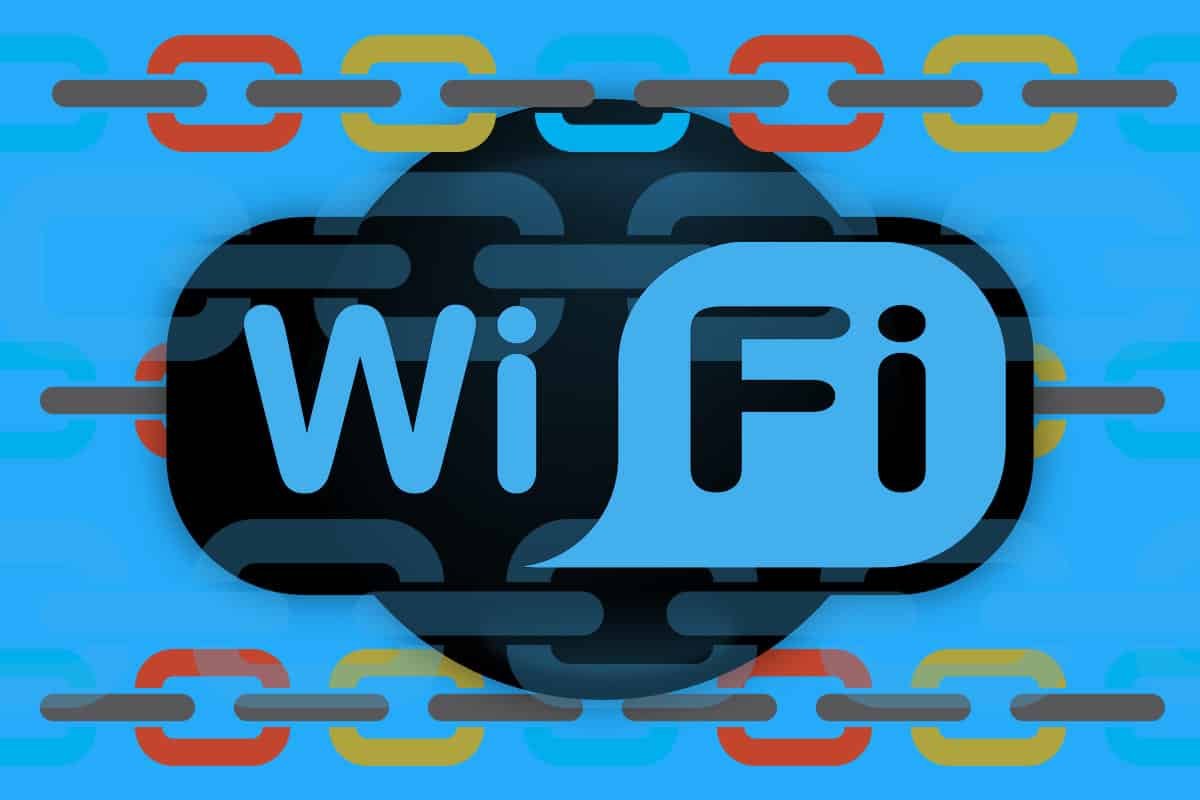
The internet has become equally important these days as the air we breathe. The entire infrastructure from a country is operated by computers. Social networks such as Facebook, Instagram, or TikTok, for instance, are used by one in three people in the world.
Having a router in your own house is something common these days, although it was once only for the highly-rich people. But knowing how to keep that WiFi network safe from hackers isn’t easy if you didn’t learn from reliable sources. Don’t worry, we’ve all been there, and here are the best tips you need to know:
Enable network encryption
While most wireless routers are equipped with an encryption feature that’s turned off, you have to turn it on for securing your network. You should do it as soon as possible, and the first step is to open the settings for wireless security from your router’s configuration page. The next phase is to select the security method – you’ll usually have to choose WPA2, but WEP is the right option if your device is obsolete.
Disable UPnP and Remote Access
Although routers are generally built with default settings for making access easier, that does’t mean that it’s always the best idea. The Universal Plug and Play (UPnP) feature exist for the purpose of making it easier for game consoles and smart TVs to access the internet without letting you waste time with a lot of configuration. But hackers who develop malware programs can use UPnP to sneak into your router’s security settings. Therefore, you should turn off both UPnP and remote access to be as safe as possible. Keeping them turned on won’t leave you exposed to the evilest things from the internet, but still, it’s an extra level of security that you can have if you turn them off.
Keep the firmware updated
Keeping your router’s firmware updated means having the latest security patches and bug fixes from the manufacturer, and performing a fast check won’t do any harm. However, some of the new routers are able to update themselves automatically.
Updating your router’s firmware is like a walk in the park as soon as you access the device’s control panel. If by any means you get stuck, you can solve the problem easily by checking out the official support site from the web or the documentation page of the router.
Turn off the network name broadcasting
Disabling the network name broadcasting for the general public is a highly recommended move when you start using a wireless router from home. The process is pretty easy once you follow these steps:
- Enter the main menu of the router’s configuration at 192.168.10.1, 192.168.100.1. Refer to ‘Access the Router Configuration’ to gain additional assistance.
- Select ‘Wireless Settings’ from the Top menu.
- Hit the ‘Advanced Security Settings’ option on the left side.
- Click ‘SSID Broadcast’ from Level 2.
- Select ‘Disable’ and click ‘Apply’.
- Confirm the selection if you’re asked to do so.
Always use strong passwords
Last but not least, don’t forget to always use complicated passwords whenever you get the chance. We recommend using at least 25 characters per password. Don’t hesitate to use numbers, letters, and symbols. Cyber attackers frequently try to hack passwords, and it’s cyber suicide to add a password like ‘1234’. Don’t be afraid that you won’t remember those passwords, and the age-old way of writing them down using a pen and a piece of paper never fails! You should also make sure that you change those passwords at least once in a while to achieve the highest level of security possible.
Ultimately, you must keep in mind that there’s no such thing as one hundred percent security while using the internet, regardless of how much we would like to believe otherwise. But still, there are plenty of ways to be highly safe while you’re online.
ATTENTION READERS
We See The World From All Sides and Want YOU To Be Fully InformedIn fact, intentional disinformation is a disgraceful scourge in media today. So to assuage any possible errant incorrect information posted herein, we strongly encourage you to seek corroboration from other non-VT sources before forming an educated opinion.
About VT - Policies & Disclosures - Comment Policy



